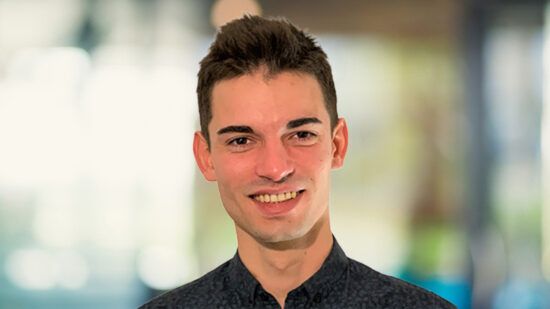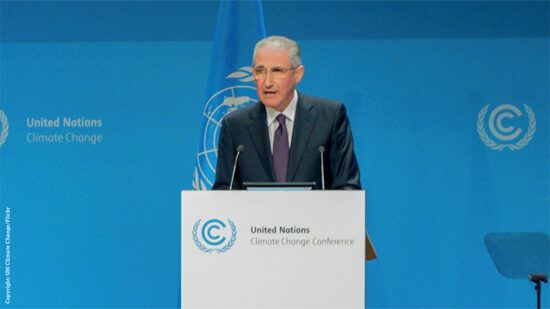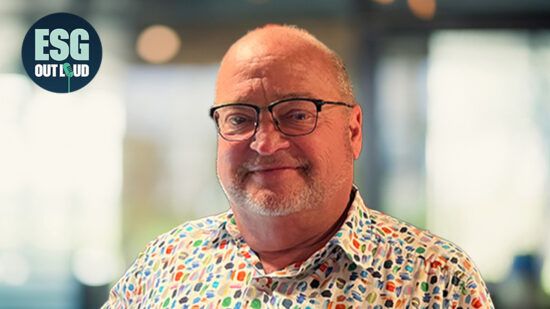The complexities of sustainable finance advice have been reported far and wide but concerns are rising around how social media platforms, such as TikTok, are misinforming younger generations – and investment professionals are being urged to step in.
Last year, a 1,000-person survey conducted by the Financial Conduct Authority (FCA) found 44% of ‘Gen Z’ – those born between 1997 and 2012 – believe social media provides worthy financial advice. Further, 41% of young people turn to social media to seek financial advice, preferring to learn from social media influencers rather than financial professionals, market research by Savanta revealed.
These figures reflect the wider issue of rising misinformation online. As more younger investors turn to social media to improve their financial literacy, the information they come across, in many cases, is inaccurate and potentially dangerous. For example, last year, I wrote an article for PA Adviser about the normalisation of ‘finfluencers’. These are social media influencers who falsely claim to be financial professionals and give unreliable advice to impressionable young investors. The financial advisers I spoke to were concerned about the impact this trend will have on the future of investing, and particularly how this can be heightened in the relatively immature sustainable investment space.
Two questions arise here. First, who in the investment industry is responsible for debunking the misinformation spread online? And second, how can young investors know where to source reliable information on sustainable investment from? Focusing specifically on the the role of investment organisations and asset management firms, PA Future explored how they are helping the younger generation make smart and sustainable investment decisions.
Financial literacy initiatives
The European Fund and Management Association (EFAMA) has delivered several initiatives to increase financial literacy levels amongst young investors, said Bernard Delbecque, senior director of EFAMA, who also shared the progress of its new sustainable investing brochure. This aims to clarify key concepts of sustainable investing by answering nine common questions in simple, digestible formats. Essentially, the organisation said, it is an antidote to the overwhelming amount of online information about sustainable investing and has been circulated at press conferences, schools and universities.
Delbecque said: “I hope the brochure will contribute to a better understanding, help bridge the knowledge gap and empower investors to make more informed decisions when considering investing sustainably.”
Expert access
This responsibility around sustainable investment education also extends to asset management firms, according to Daniel Babington, portfolio manager at TAM Asset Management, who said portfolio managers should share their unique expertise on investing responsibly with Gen Z and also wider society.
He said: “Discretionary fund managers like myself are privileged to meet some of the brightest minds on particular topics. Where sustainability is concerned, this can be in the form of the fund managers, who through investing in this way, often have a real grasp of the issues plaguing our environment and society.
“Also, fund managers have often extensive resources such as the Holistiq team at Lombard Odier who provide incredibly detailed sustainability ‘road mapping’ to understand and predict how environmental themes will evolve and what opportunities/ risks will consequently emerge.”
Similarly, Daniel Wild, chief sustainability officer at J. Safra Sarasin Sustainable Asset Management, suggested asset managers have the resources to counteract the inaccurate and dangerous investing advice on social media.
He said: “While asset managers do not have an educational role in their right, they are well placed to contribute to the promotion of sustainable finance through full transparency on both financial and sustainability characteristics of the investment solutions they offer. Through interactions with clients and prospects, especially the younger generation, asset managers and investment advisors can raise awareness of sustainability issues in investment decisions.”
Babington added to this, suggesting it would be “a waste” if he did not “share the unique perspectives” he is exposed to in his role.
“Given my unique position as an asset allocation, I gain a very diverse view of sustainability topics, due to the differentiated approach and views of all the asset managers I speak to. Sharing our experience with clients is something I have been encouraged to do since my first day at TAM, which of course extends to all our investors, no more so than those who wish to invest sustainably. I hope to achieve this through the TAM sustainability blog and by also working with asset managers to engage with the underlying companies with the focus of driving real-world change.”
Further, he added: “As an asset allocator who embeds social themes in portfolio construction, I find myself in this unique position where I have access to a wide selection of scientific data via asset managers, or research recommendations from some of the greatest minds in particular topics as well as a platform where I can talk about it. My thirst for knowledge in the topic has led me to a point where I can be confident that the sharing of this information can lead to better outcomes for everyone.”
Social media misinformation
To give an example, Babington revealed his interest in the health and nutrition sector, and how misinformation on social media is negatively impacting health outcomes on a global scale.
“I have found a real passion in trying to understand what is causing a lot of the health and societal issues that are so common today. A lot of the research I have conducted is into nutrition and ultra-processed foods. Science repeatedly shows the issues to be in direct contradiction with the health and nutrition advice we see in advertisements and on social media. The calorie counting culture is seemingly a focus from UPF producers to allow for ‘moderation’ and increased consumption of their hyper palatable products, perhaps distracting from the underlying ingredients, most of which you wouldn’t find in your kitchen.”
He continued: “Misinformation is unfortunately everywhere within the social media age. For the first time, we consume the vast majority of our information through social media. This is leading to poor health outcomes including record levels of obesity, cancer and mental health issues.
“Unfortunately, this spreads into the TV shows we watch too with many of the documentaries having received funded by big corporations, who will of course have their agenda. Investors need to be wary of those giving financial advice on TikTok just as people need to do their research into achieving better health outcomes.”
Babington concluded: “If we want to drive real-world change as investors we need to be open to hearing uncomfortable truths and being open to share knowledge and experience.”
While sustainable investors are not obliged to share their expertise, posting accurately and regularly on social media, appearing on a podcast or contributing to an article about how to invest sustainably can go a long way, especially upon impressionable young investors.








